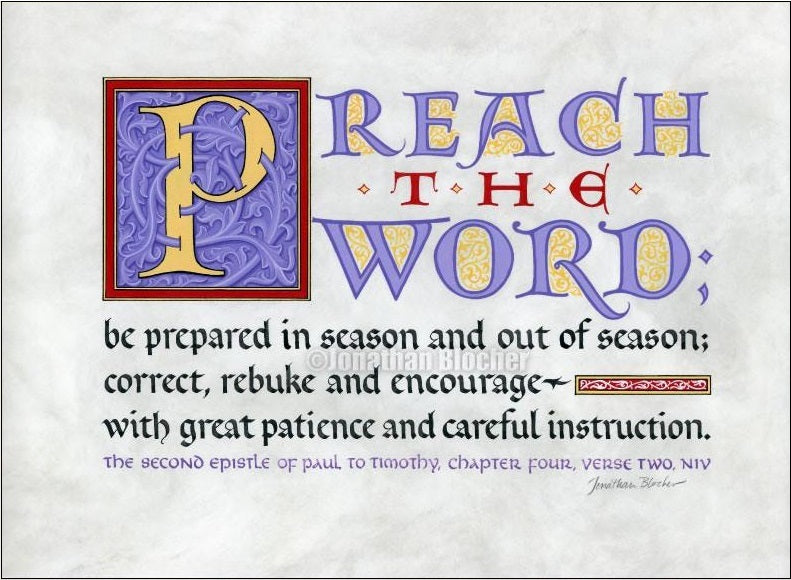 I saw a meme once that said when I was a kid I died once and my mom told me to walk it off. This is something I take personally. When I was 10 or 12 I was helping my uncle stack hay and was on top of the stack with a pitch fork. At some point he got a little close with the load of hay and I got a little close to the edge of the stack and some hay gave way and I dropped 15-20 feet to the ground. Though I had enough sense to toss the pitch fork, I still ended up with the wind knocked out of me. My uncle was worried and took me back to the farmhouse and called my mom. Is he still breathing? she asked. Assured that I was, she say I would be fine. Walk it off. Man up.
I saw a meme once that said when I was a kid I died once and my mom told me to walk it off. This is something I take personally. When I was 10 or 12 I was helping my uncle stack hay and was on top of the stack with a pitch fork. At some point he got a little close with the load of hay and I got a little close to the edge of the stack and some hay gave way and I dropped 15-20 feet to the ground. Though I had enough sense to toss the pitch fork, I still ended up with the wind knocked out of me. My uncle was worried and took me back to the farmhouse and called my mom. Is he still breathing? she asked. Assured that I was, she say I would be fine. Walk it off. Man up.We live in a culture of offense today. It is not that we are really offended but only that we love to play the victim and we love to cater to victims. It is no less noticeable in the Church. We are told constantly to dumb down worship so that the stranger will not be offended or to skip preaching and teaching on sensitive topics lest the hearer be offended or to cater to the schedules of those who are too busy to come to worship on Sunday morning or catechism class on Wednesday evening. In particular, we are warned that not everyone likes chanting or incense or vestments or the ceremonial of the liturgy and it would be better not to offend them and omit such things than to go ahead knowing that some will not like it. We have become a church of minimums -- the minimum you have to do to belong, the minimum you have to attend to be a member, the minimum we do in terms of music, liturgy, ceremony, etc... It is as if we are saying how little can you believe or practice that belief and still be guaranteed a place in heaven. Apparently what it required is very little. We keep members on the rolls who have not darkened the door in a decade and we tell new people that if you love Jesus you can skip over all those parts of Scripture you have doubts about. We would rather not offend than even be faithful.
The truth is that anything and everything can be misunderstood or taken deliberately as an offense -- simply because we know that playing the victim works. We are all victims of somebody else's sin but we may not quite see ourselves as sinners. We know that most folks deserve what they get in life but we deserve less of the bad and more of the good that comes our way in life. We find the cross a scandal unless it is the empty cross, relieved of its stain of blood or hint of suffering or power of death. We prefer a gospel in which there is no debt of sin to be paid, no punishment because of sin to be endured, and no death to be overcome. We would rather be true to ourselves than to God. If God's does not like it, then that is His problem. If you will not cater to my ideas, then that is your problem. We have forgotten Luther's words about putting the best construction on what others say but we expect others to cut us some slack when we offend. It is a world of landmines and everyone of us has big feet. Yet it is still someone else's fault when it blows up underneath us. We are so happy to be victims that we raise our children to be even better victims than we are. How pathetic!
I recall an old cartoon which shows the clergy surrounding the man being ordained. The kid sitting in his pew with his father asks what they are doing up there. The dad whispers, They are ordaining him to be a pastor. In other words, they are removing his backbone. Ouch. But is it true? Have we learned to cater so well to the peculiarities of faith and piety of our people and their busy schedules that we have compromised the very Gospel itself in order to make our peace with them and their stressed lives? Have we justified their victimhood by presuming to make changeable what is eternal and thus making the eternal less than the temporal? Maybe it is time we said to people it is time to walk it off and man up.
- Walk it off and man up. . . to the promises made when you brought your children to baptism...
- Walk it off and man up. . . to the cause of catechesis and the study of Scripture to grow in faith...
- Walk it off and man up. . . to adjusting your schedule to the church's schedule of worship...
- Walk it off and man up. . . to the piety of prayer and study and good works and almsgiving...
- Walk it off and man up. . . to the vows and promises you made in marriage even when it gets hard...
- Walk it off and man up. . . to the call to forgive as you have been forgiven...
- Walk it off and man up. . . to the disdain, rejection, and persecution of Christians by the world...
Many years ago I was visiting a shut in who was hard and hard to get along with. She had endured a long and difficult life, part of it with the shadow of Nazism and the experience of two world wars. You have no idea how much I have suffered, she would say. Why, even Jesus did not suffer as I have. And there you have it. Christians have it harder than Jesus. Perhaps we need understanding more than saving and a God who sees how much we have suffered as victims and will make faith easier on us. Instead of following Him, it would be only fair if Jesus would follow us around for a while. What do you think?






